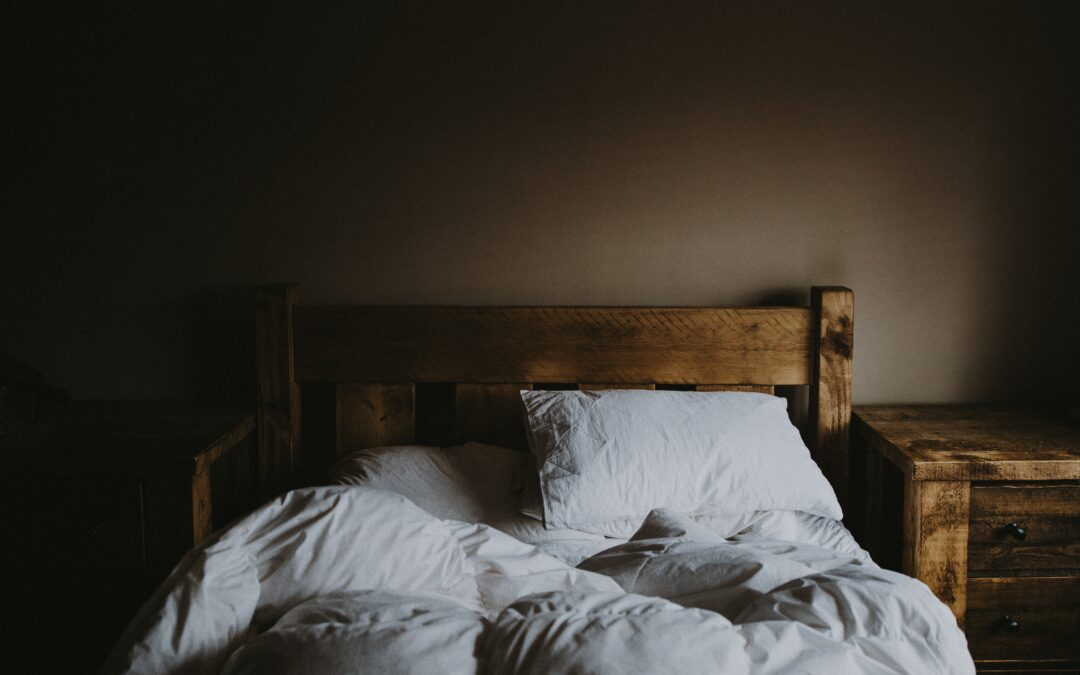1. Provide yourself with a quality sleep environment. Ensure you have a comfy bed and pillows. Keep the room temperature cool, but make sure you’ve got some warm blankets to snuggle under. Use black out curtains and, if needed, an eye mask and ear plugs too.
2. Avoid bright overhead lighting. Use floor lamps with yellow globes instead.
3. Set a regular daily sleep routine. Go to bed and wake up at the same time each day, even on weekends. This helps to set your bodies internal clock and circadian rhythms. Before long, you’ll find it easier to fall asleep, and wake up feeling fresh.
4. Create a bed time routine to psychologically prepare your body for sleep. Take a bath, read, perform a few gentle stretches, focus on some breathing exercises or drink camomile tea which has a calming effect. Whatever it is that helps you to unwind and switch off.
5. Avoid stimulating activities such as T.V., loud music, work and emotionally stressful conversations. 6. Take a bath. Having a bath 1-2 hours before bed raises your body temperature. As your body temperature drops back down, you will start to feel sleepy.
7. Clear your head. Write down stressful thoughts or tomorrows to do lists so they don’t run on repeat while you’re trying to fall asleep.

